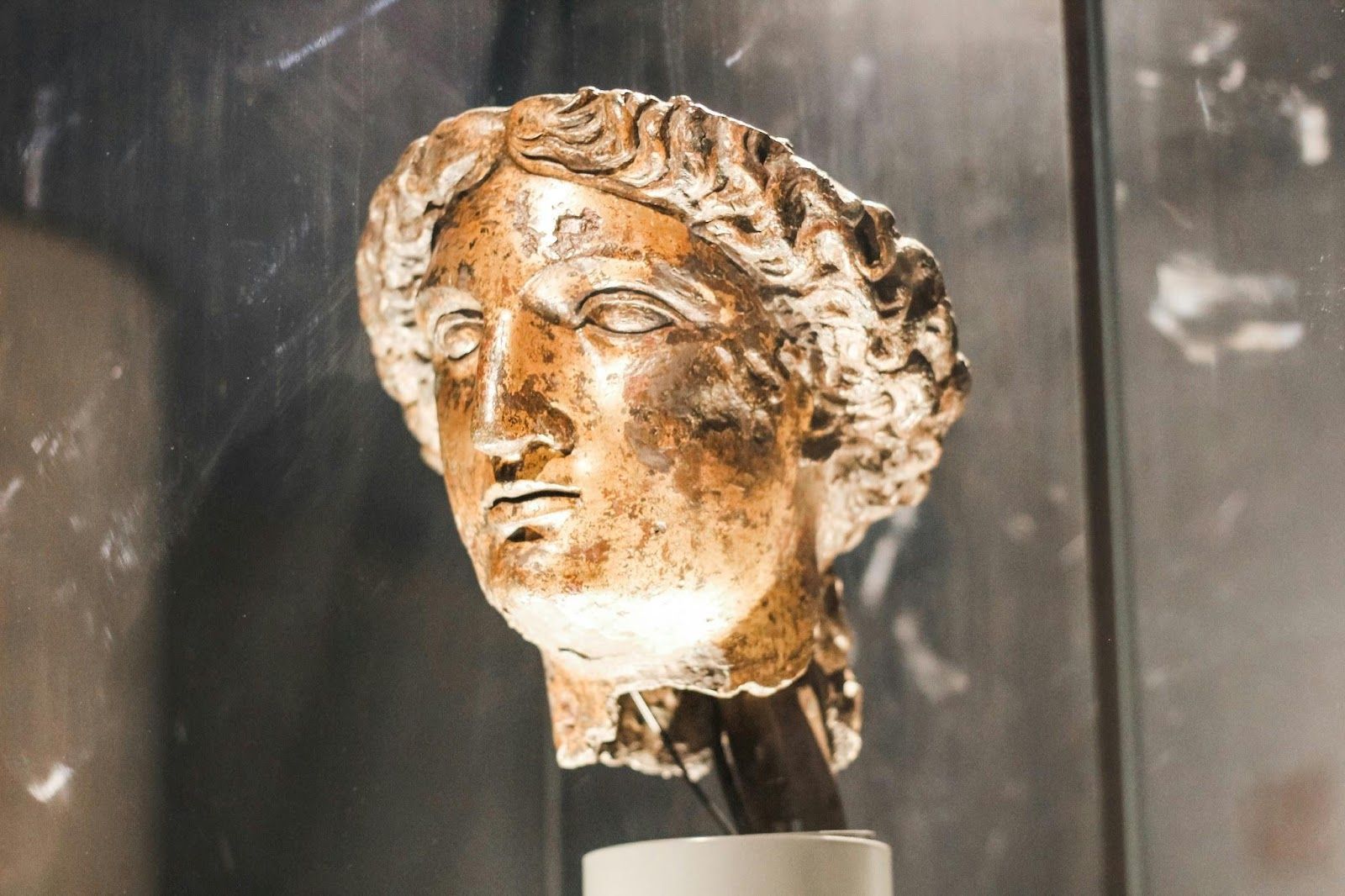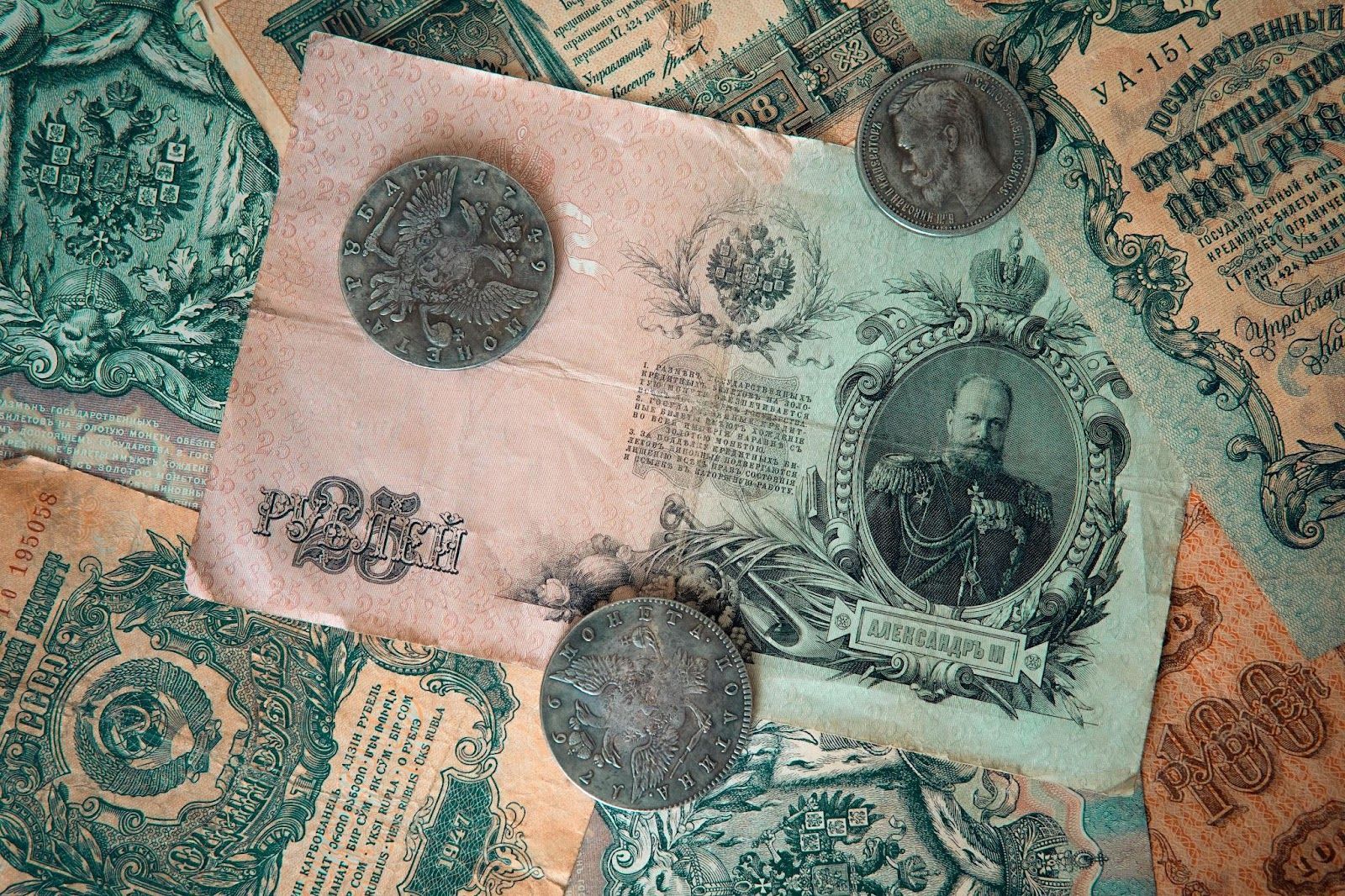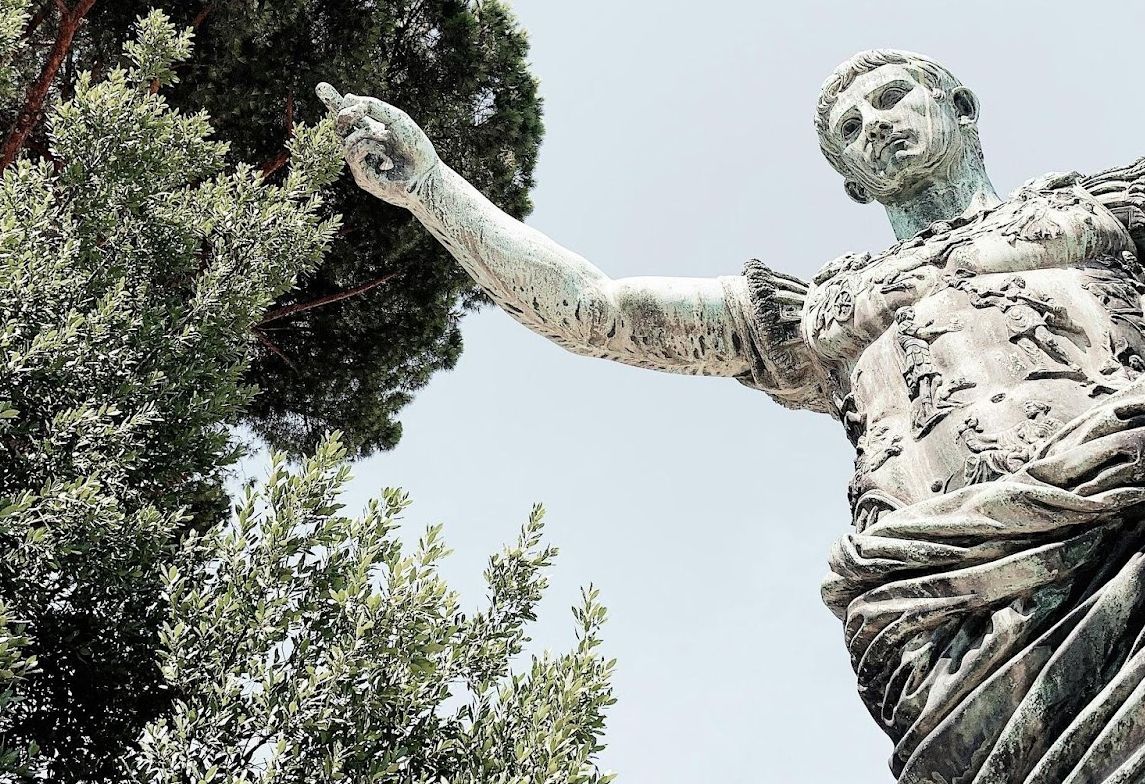Words with family ties
Can you use "isle" and "island" interchangeably? No one is sure
Published on July 24, 2025
 Credit: Daniel Watson
Credit: Daniel Watson
Let’s play an etymology game! You’ll guess whether these pairs of words share the same root. Take "road" and "root," for instance. They look alike and make us think of paths and directions. You can almost hear the evolution: road, route, root. But are they related? Not at all. They come from different language origins. So, do you think you can pass the test with these next couplings?
Isle & Island
 Credit: Hrvoje_Photography 🇭🇷
Credit: Hrvoje_Photography 🇭🇷
Some linguistic experts sustain that "isle" and "island" are synonyms, while others argue that "isle" is used to refer to smaller portions of land. Carrying that logic, some people believe that "isle" is simply a shortened version of "island." Do you?
Are isle & island related?
 Credit: Tom Winckels
Credit: Tom Winckels
Surprise! They’re strangers. Or at least they were, for centuries. "Isle" comes from the Latin insula, while "island" hails from Old English īegland ("water-land"). Interestingly, in the 16th century, the "s" was added to the English word to make it resemble its Latin cousin. While their roots are different, most people agree that, in practice, they function as synonyms.
Capital & Head
 Credit: Etienne Girardet
Credit: Etienne Girardet
There’s a lot tying these two together. A capital city is often considered the "head" of a country. Capital letters? They go at the "head" of a sentence. What about capital punishment—doesn’t that come from the idea of "losing your head"? And "capital" begins with "cap," which is, after all, something you wear on your head.
Are capital & head related?
 Credit: Jessica Johnston
Credit: Jessica Johnston
The truth? Yes! They’re distant cousins through Proto-Indo-European roots. Both trace back to kaput, an ancient root meaning "head." Latin followed one path—caput eventually became _capital_—while the Germanic languages took another, with haubudam evolving into head.
Eight & October
 Credit: Raunaq Patel
Credit: Raunaq Patel
Octo means eight in Latin, after all. An octopus has eight legs. An octagon has eight sides. It all adds up… except that October is the tenth month, not the eighth. Can you draw any conclusions yet?
Are eight & October related?
 Credit: Toa Heftiba
Credit: Toa Heftiba
Of course, they are related. October was once the eighth month—in the old Roman calendar, that is. Back then, the year started in March, making October month number—you guessed it—eight. When January and February were added to the beginning of the calendar, October was pushed to tenth place, but the name stuck.
Casual & Causal
 Credit: Lisa from Pexels
Credit: Lisa from Pexels
They look alike. They sound alike. They even feel like they should mean something similar. Sometimes, it takes people a few seconds to tell them apart. "Casual" suggests a lack of formality, while "causal" refers to causes and effects. So maybe both words have something to do with randomness or natural flow?
Are casual & causal related?
 Credit: Susanne Jutzeler, suju-foto
Credit: Susanne Jutzeler, suju-foto
Not really! "Casual" comes from the Latin casualis, meaning "by chance," which itself comes from casus ("fall" or "accident"). Causal, on the other hand, traces back to causa, Latin for "cause" or "reason." They’re not twins—just linguistic relatives wearing oddly similar suits.
Teacher & Doctor
 Credit: NEOSiAM 2024+
Credit: NEOSiAM 2024+
Both are authority figures. They guide, explain, and instruct. Plus, they often share the title "Doctor" in academic settings. Even in terms of usage, the boundaries blur: a doctoral advisor teaches, and a teacher may hold a doctorate.
Are teacher & doctor related?
 Credit: Antoni Shkraba Studio
Credit: Antoni Shkraba Studio
Yes! They do share a Latin root in the verb docēre, which means "to teach" or "to instruct." In fact, doctor originally meant "teacher" in Latin—it referred to someone skilled or knowledgeable before the term took on its medical and academic meanings.
Tsar & Caesar
 Credit: Dmitry Demidov
Credit: Dmitry Demidov
Tsar, Czar, Kaiser… these imperial titles all echo "Caesar." Both words refer to rulers, command, and absolute authority. Historically, the Tsars of Russia and the Kaisers of Germany even styled themselves as heirs to the Roman Empire. And there’s a strong phonetic resemblance, too.
Are tsar & caesar related?
 Credit: SHVETS production
Credit: SHVETS production
Of course, one came from the other. Tsar (also spelled czar) comes directly from Caesar, the surname of Julius Caesar, whose name became a title for emperors in ancient Rome. As the prestige of Rome spread, so did the word: Kaiser in German and tsar in Slavic languages.











